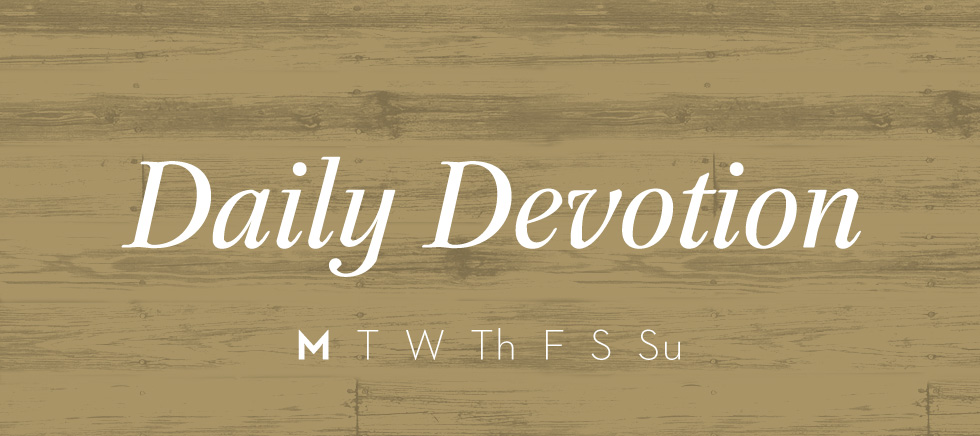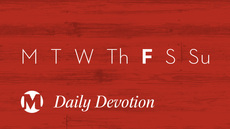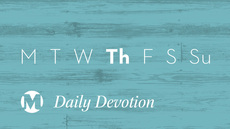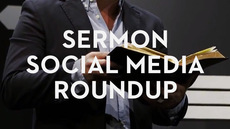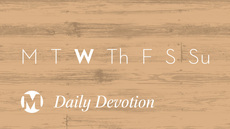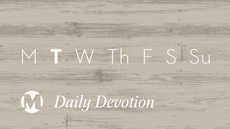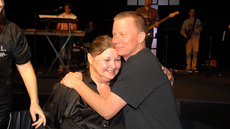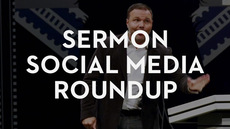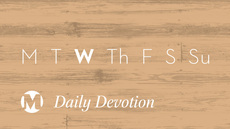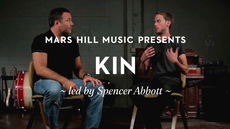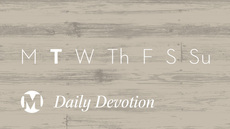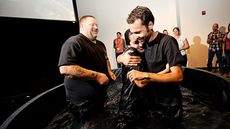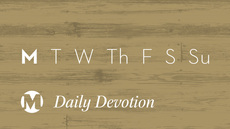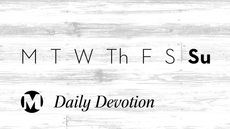“Come now, let us reason together, says the LORD: though your sins are like scarlet, they shall be as white as snow.” Isaiah 1:18
One of the first pieces of literature that grabbed my attention and started a lifelong love for learning and literature was William Shakespeare’s Macbeth. Often viewed as one of Shakespeare’s darkest tragedies (which is saying a lot for a man who had few reservations about exploring humanity’s sinful nature), this play explores the psychological effects of pursuing power through evil means.
Those who would rather have a root canal than read Shakespeare will likely at least recall the famous sleepwalking scene in which Lady Macbeth, who was intricately involved in the plot to murder the king, is furiously rubbing her hands in a futile attempt to cleanse herself from a “damn’d spot”— the king’s blood metaphorically on her hands, and a mental manifestation of her guilt.
Like Lady Macbeth, we are often prone to believe that we must somehow, someway do something to rid ourselves of the guilt and shame associated with our sin. We long for cleansing and look for it in people and places, including ourselves, which are ultimately insufficient.
What God makes clear to us here in Isaiah is that only he can take the scarlet stains of our sin and make them white as snow. The chapter opens with God recounting the many ways Israel, his chosen people, has rebelled against him. He then charges them to “bring no more vain offerings” for their hands, like Lady Macbeth’s, “are full of blood” from the guilt of their sin—injustice, oppression, neglecting the fatherless and widows (Isa. 1:13, 15, 17).
But God encourages them to “reason” with him—to consider their foolish ways and turn from them toward the only one who can provide true and total cleansing for their sins (v. 18). As Paul later explains in Ephesians, it is through Jesus’ shed blood on the cross—not the deeds we do—that we are able to receive this cleansing, “the forgiveness of our trespasses.” Because of Jesus, we no longer need to rub or wring our hands hopelessly in shame and guilt. Instead, we can rejoice and raise our hands joyfully.
Cliff Ellis is the pastor of biblical living at the West Seattle church.
